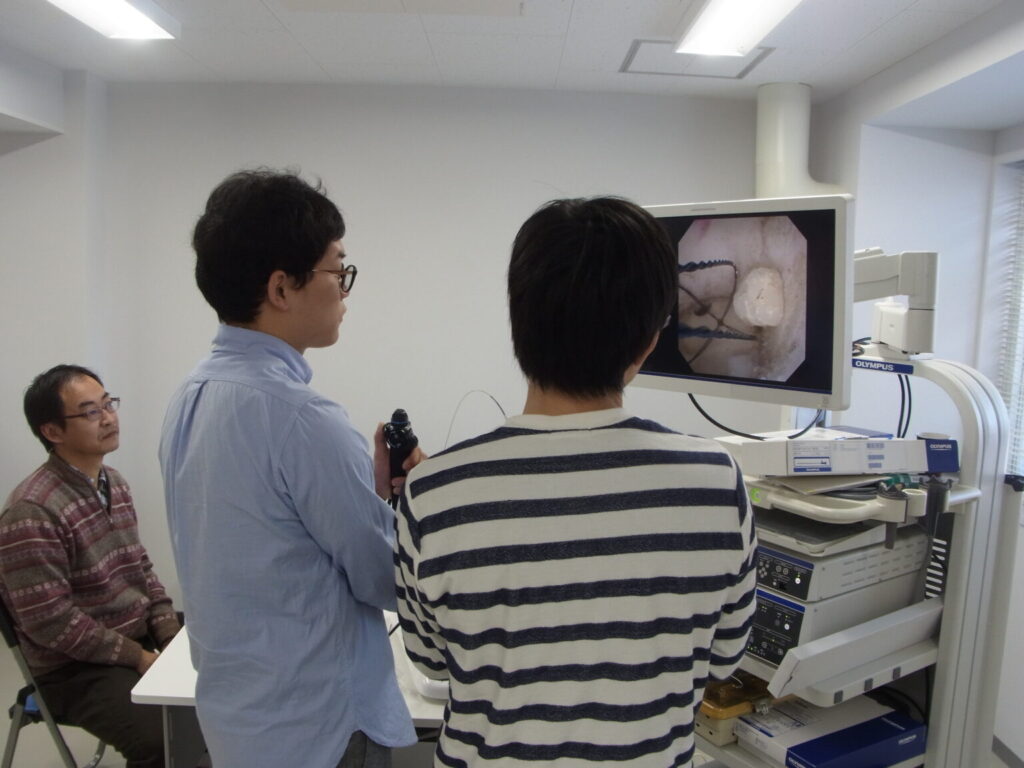Surgical Simulations Confer Better Skills and Reduce Complications

An international trial found that while simulation-based training for ureteroscopy did not speed up surgeons general proficiency acquisition, it did increase skills in more complex surgeries, with fewer total complications and ureteric injuries. The results were published in the journal European Urology.
“To date, there have been limited data, mostly from small-scale studies conducted with medical students, assessing the transferability of surgical simulation,” said paper authors Takashige Abe, Associate Professor of Urology at Hokkaido University. The aim, he said, was to evaluate whether surgical residents undergoing additional simulation training can achieve proficiency sooner and with better patient outcomes, compared to usual operation room-based training.
The trial followed 65 participants in 10 countries for 18 months, or up to 25 procedures. A total of 32 participants received simulation-based training while 33 received conventional apprenticeship-style training. Both remained supervised by more experienced surgeons. Participants performed a total of 1140 surgeries, either semi-rigid or flexible ureteroscopy to remove ureteral or renal stones, respectively, demonstrating “mixed results” in proficiency.
“For our primary outcome measure, while we showed what might be deemed a clinically meaningful difference, it was not statistically significant,” Prof Abe said. “However, when stratified to each procedure type, there were higher rates of proficiency in the simulation-based training group when it came to the more technically challenging flexible ureteroscopy procedure.”
Prof Abe also noted that the simulation group scored higher on a standard assessment for each surgerythe other group.
“Simulation-based training led to higher overall proficiency scores than for conventional training, and fewer procedures were required to achieve proficiency in the complex form of the index procedure, with fewer serious complications overall,” Prof Abe said. “It is expected that the results of the trial will have a positive impact for advanced procedural training beyond the fields of surgery and urology in order to promote patients’ safety as well as better surgical outcomes.”
Source: University of Hokkaido

